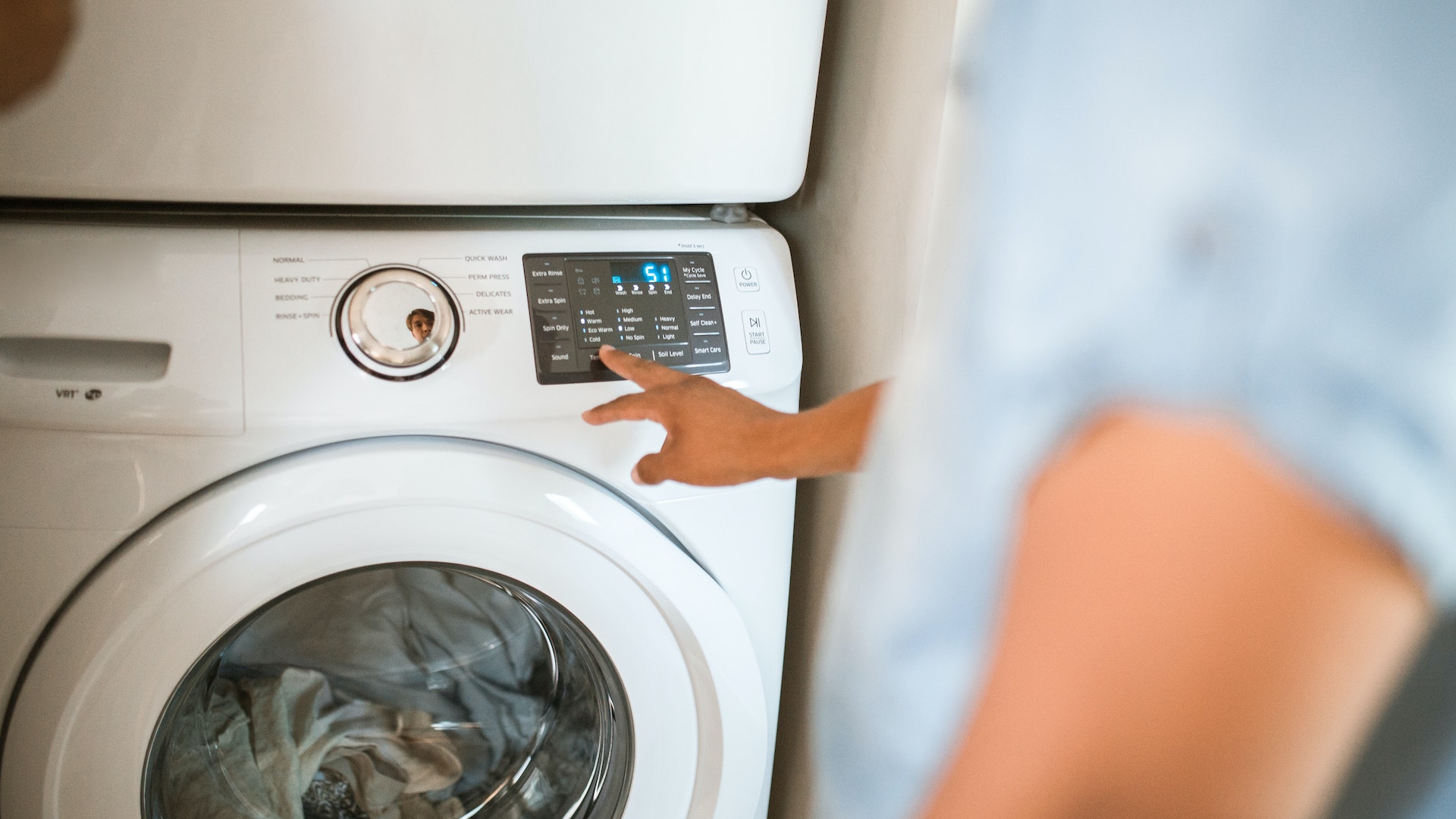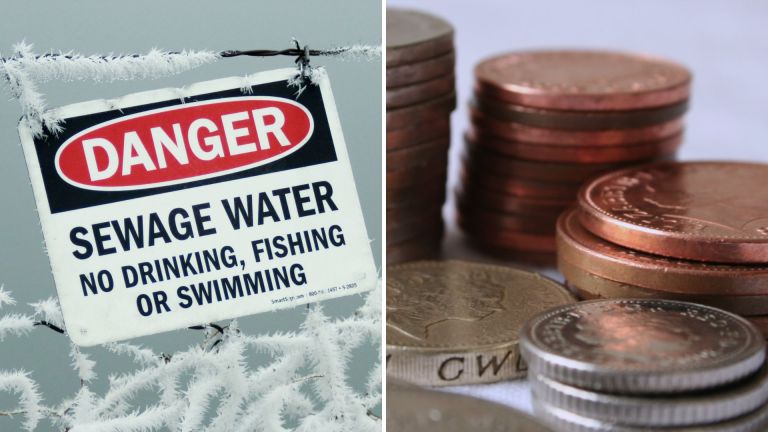Only spare parts which can be used simply and safely – such as door hinges for washing machines and spare trays for fridges – will be made available to consumers, with more complicated or riskier repair jobs reserved for professionals. This means that, even under the new law, the specific items customers can buy themselves will be significantly limited.
The UK government said the new legislation could extend the lifespan of products by up to a decade, reducing waste and cutting the country’s carbon emissions on its journey to net zero.
The right to repair law applies to all appliances bought from July 1 but manufacturers have two years after a product becomes available to make spare parts available.
To ensure consumers don’t lose out because a company discontinues something they own, the spare parts must remain available for up to 10 years after the product is taken off sale.
The UK legislation is designed to match that created in the EU, as was agreed before Brexit.
What appliances will the right to repair apply to?
The legislation currently only covers a limited range of products including washing machines and washer-dryers, fridges, dishwashers, televisions and other types of electronic displays.
But not all parts will be available to consumers, only those which are easy and safe to use for repairs at home. You can find more detail on what exactly you could be entitled to get hold of for your appliances – and which will still only be available for professional repairers – here.
Appliances used by businesses are also covered by the law, such as refrigerated vending machines and light sources.
Ovens, tumble dryers, hobs, microwaves and personal tech such as smartphones and laptops are not included in the right to repair legislation.
What do the experts think about the right to repair?
“Too often electrical items end up in landfill because they are either too costly or difficult to fix,” said Adam French, consumer rights expert for Which?. “These new rules are a step in the right direction.”
“As a next step, we want the government to extend these rules to cover more appliances, ensure the parts are available throughout the lifespan of each product and are easily affordable.”
Which? Wants people to have access to spare parts for as close to a product’s lifespan as possible. Many white goods can last up to 25 years, the consumer watchdog said, meaning a ten-year minimum for manufacturers could still leave households without the parts they need to fix something at home.
The Restart Project, a repair initiative, is petitioning the government to introduce right to repair laws which go much further.
“The new measures for repair of washing machines, dishwashers, fridges and TVs are a good precedent, but not yet the right to repair we urgently need,” the organisation said, calling for a “comprehensive” rethink of the legislation.
The savvy repairers want the new measures to make more spare parts available to consumers to purchase and not just professionals, to ensure people at home with the right skills and those who use repair cafes can still make use of the parts.
Smartphones and laptops must also be covered by the law, the organisation said, as they are under EU legislation, while the VAT on electrical repairs must be reduced to make it cheaper for everyone to get their products fixed.









